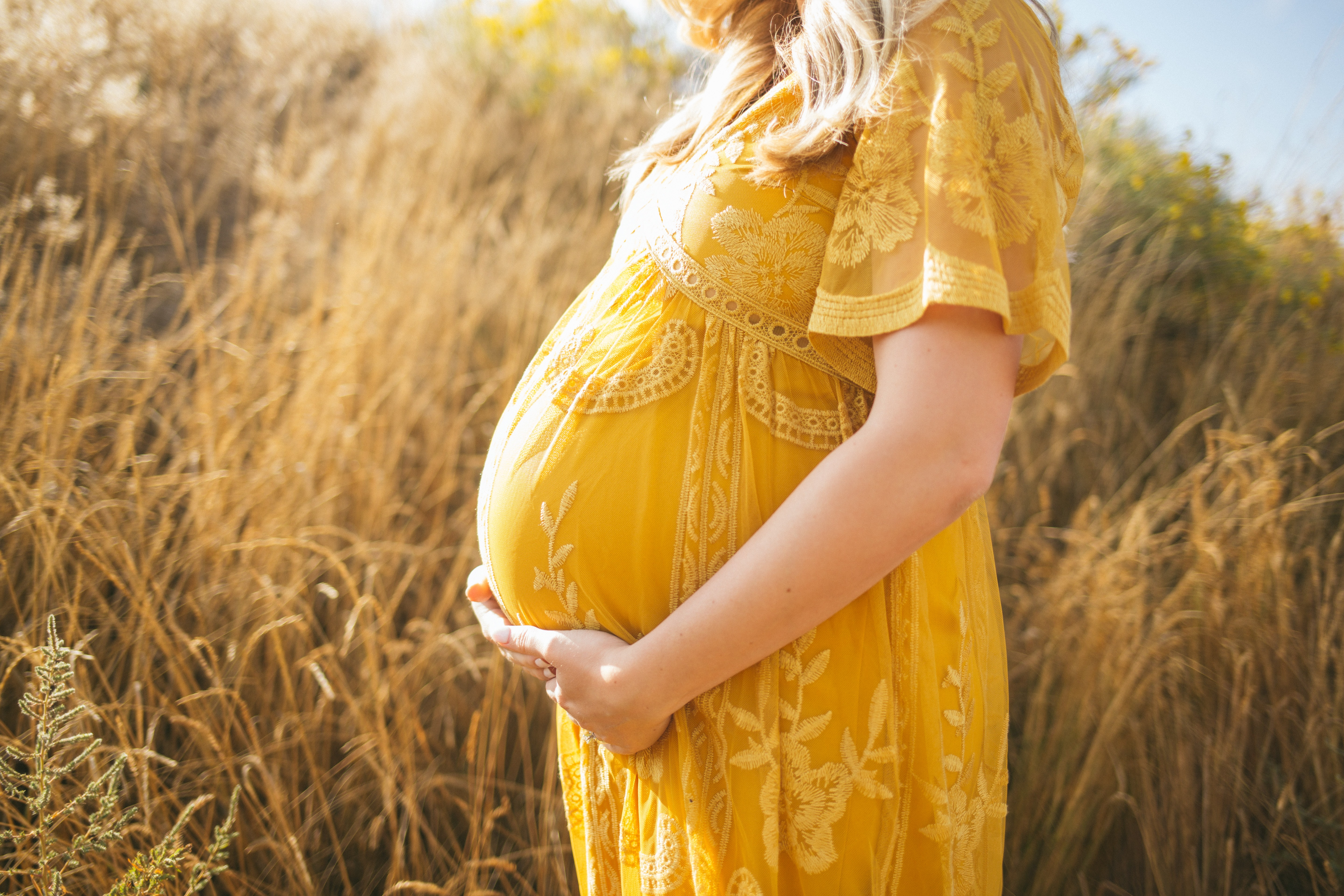News release
From:
Immunology: Assessing immune responses to SARS-CoV-2 during pregnancy
SARS-CoV-2 exposure during pregnancy prompts a placental inflammatory response involving both maternal and foetal cells, but does not infect the placental tissue, suggests a study involving 12 women who tested positive for the virus while they were pregnant, published in Nature Communications.
While most pregnant women infected with SARS-CoV-2 are asymptomatic or suffer mild symptoms, some research has shown that pregnant women may be at a higher risk of developing severe disease. However, little is known about how asymptomatic or mild disease affects the foetal-maternal interface and the health of the infant.
To understand the impact of SARS-CoV-2 infection during pregnancy, Nardhy Gomez-Lopez and colleagues recruited 12 women who were pregnant and had tested positive for SARS-CoV-2 and 11 healthy controls. Of the women that tested positive, eight had asymptomatic infections, one displayed mild symptoms, and three had severe COVID-19 that required oxygen supplementation. The authors observed a characteristic pro-inflammatory immune response upon maternal virus exposure, in the placenta and blood of both mothers and infants. They found that although maternal antibodies against SARS-CoV-2 passed through the placenta to the infant, neither foetal antibodies nor SARS-CoV-2 were detected in the placenta. They suggest this indicates that the placenta shields the foetus from the infection.
The authors suggest that their findings provide insights into the maternal-foetal immune responses in SARS-CoV-2 infection and indicate that vertical transmission from mother to foetus may be a rare event. However, they note their conclusions should be interpreted with caution due to the limited number of severe cases of COVID-19 in pregnancy.



 International
International



